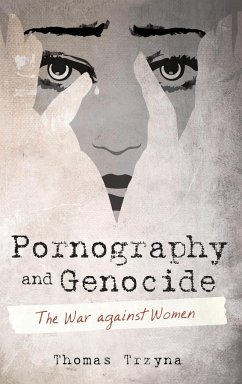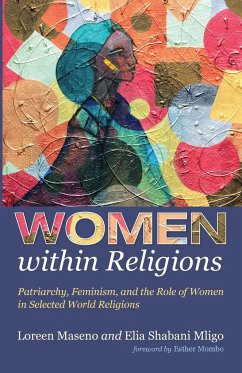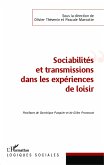Women are among the most prominent actors of social change and transformation and comprise the mainstay of the 'modernization project', one that raises societies to greater efficacy to the highest level of cultural development. Women can be counted among the basic criteria by which societies are judged regarding their level of advancement and civilization; indeed, the social status that women possess within a given country or society is often assumed by lawmakers to be a national status symbol, thereby making women an indispensable element of any modernity project.However, the relationship that exists between the status of women and religion-both of which make significant contributions to the formation of social reality-is counted among the important factors limiting or preventing such modernization efforts.this relationship has traditionally disadvantaged women, who have consequently been excluded from social arenas due to their societies' interpretation of the three main Abrahamic faiths.
Hinweis: Dieser Artikel kann nur an eine deutsche Lieferadresse ausgeliefert werden.
Hinweis: Dieser Artikel kann nur an eine deutsche Lieferadresse ausgeliefert werden.


![Ensoulment: [Exploring the Feminine Principle in Western Culture] Ensoulment: [Exploring the Feminine Principle in Western Culture]](https://bilder.buecher.de/produkte/47/47700/47700720n.jpg)





